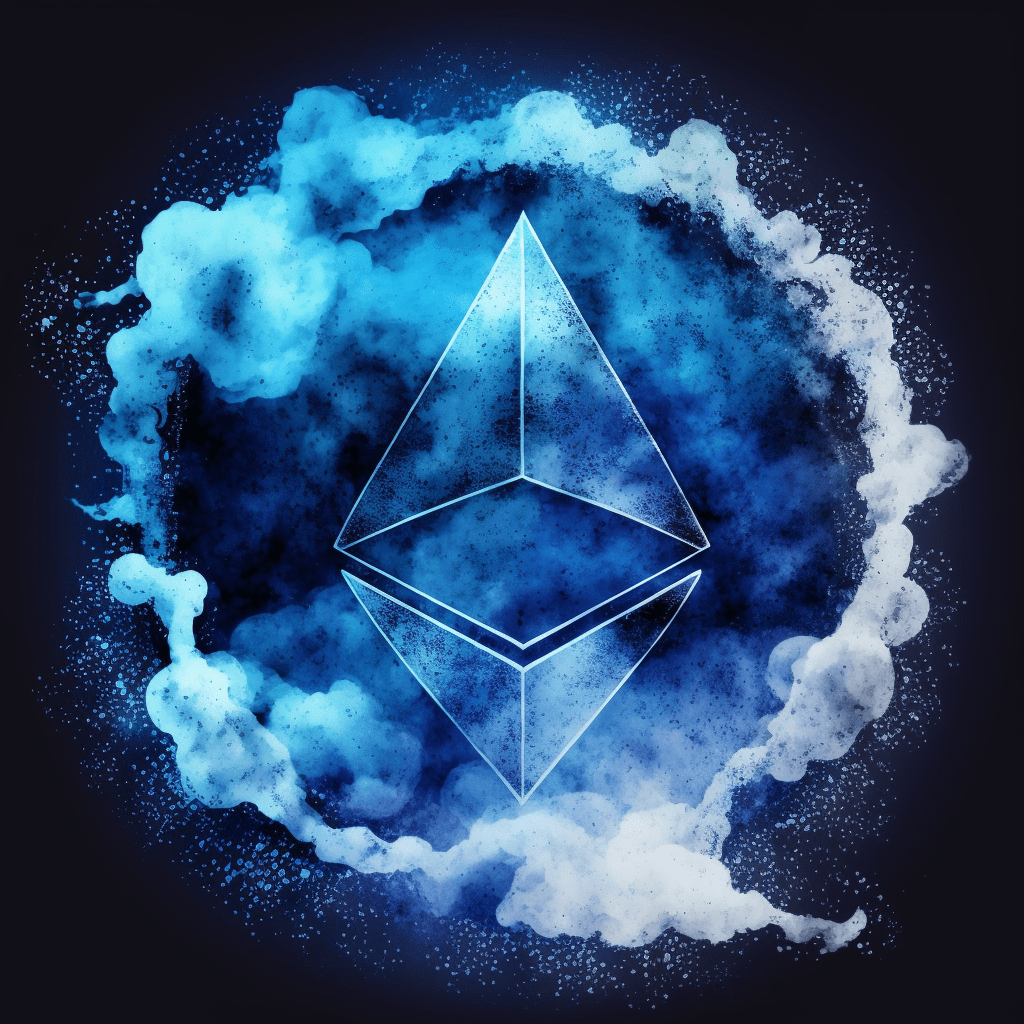As non-fungible tokens (NFTs) gain increasing popularity, many creators and collectors are eager to participate in the world of digital art. However, a number of misconceptions surrounding the cost of minting NFTs can create confusion and hinder potential success. In this article, we’ll debunk common misconceptions about the cost of minting NFTs and provide a clear understanding of the actual expenses involved.
All NFTs Are Minted on Ethereum

One widespread misconception is that all NFTs are minted on the Ethereum blockchain, leading to costs associated with high gas fees. While it’s true that Ethereum is the most popular platform for NFTs, several alternative networks offer more affordable options.
Alternative Networks
Binance Smart Chain, Flow, and Tezos provide lower transaction fees than Ethereum, making them attractive alternatives for minting NFTs. Creators can choose from these various networks to create NFTs without incurring Ethereum’s often high-cost fees.
NFTs Are Always Expensive to Mint
Contrary to popular belief, NFTs can be minted at varying costs depending on the network, marketplace, and overall complexity of the token.
Choosing a Marketplace
Various NFT marketplaces offer different pricing models, some with lower fees than others. Researching and comparing marketplace fees can help creators find a platform that aligns with their budget.
Layer-2 Solutions
Platforms offering layer-2 solutions, like Immutable X and Polygon, can significantly reduce NFT minting and transaction costs. By opting for these solutions, creators can benefit from reduced fees while still participating in the booming NFT market.
Minting NFTs Is Only About Gas Fees
While gas fees usually represent a significant portion of NFT minting costs, many other factors contribute to the overall price.
Marketplace Fees and Royalties
Marketplace fees, including minting, listing, and sales commissions, can impact the total cost of creating and selling an NFT. Additionally, royalties to artists should be considered when evaluating the expenses of minting tokens.
Artistic and Creative Costs
The time and resources spent in creating the digital asset, as well as any software licensing costs, also contribute to the overall cost of minting NFTs.
All NFTs Generate High Profits

The assumption that all NFTs yield high returns can mislead creators in their expectations of profitability.
Market Demand and Valuation
The potential profit for an NFT depends on market demand and the intrinsic value of the artwork. With millions of NFTs available, the ability to attract buyers and achieve high returns varies greatly.
Competition and Saturation
In an increasingly saturated NFT market, creators need to differentiate themselves to stand out. It’s essential to consider the competitive landscape and how it may impact ROI.
Instant Wealth Is Guaranteed
The misconception that minting NFTs leads to instant wealth encourages unrealistic expectations for creators new to the market.
Success Stories vs. Reality
While many stories highlight high-value NFT sales, it’s important to remember that these successes don’t guarantee equal outcomes for all creators.
Competitive and Changing Market
The NFT market is competitive and constantly evolving. Having a unique and valuable artwork is necessary, but it doesn’t always guarantee an instant financial windfall.
Marketplaces Take Care of All Expenses
Creators often assume that once they’ve minted their NFTs on a marketplace, the platform handles all associated expenses.
Promotional Expenses
Marketplaces typically don’t cover promotional costs, such as advertising and social media campaigns. Creators need to invest time and money in promoting their NFTs to reach a wide range of potential buyers.
Ongoing Platform Fees
In addition to the upfront costs of minting and listing NFTs, many marketplaces charge transaction fees or sales commissions. Creators need to factor these fees into their overall budget and pricing strategy.
Navigating Misinformation in the NFT Market

Be cautious about jumping into the world of NFTs without fully understanding the costs and market dynamics. Remember to cross-check information and seek reliable sources to avoid being misled by misconceptions.
In conclusion, it’s essential for creators to discern between NFT minting cost misconceptions and reality. By understanding the various costs involved, the multitude of platforms and solutions, and the competitive nature of the NFT market, creators can make informed decisions when minting and selling their digital assets.
